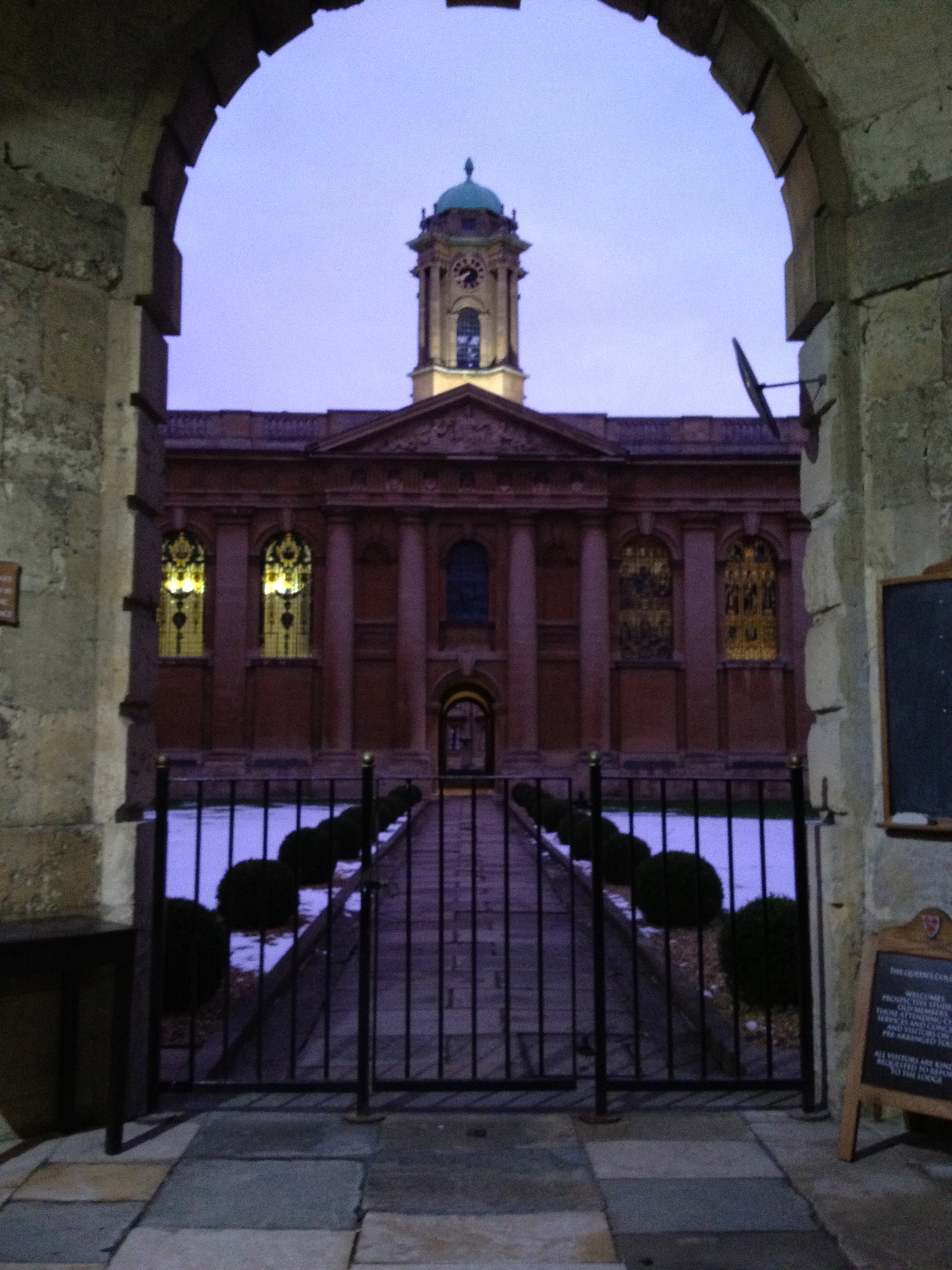
07 Aug Academic freedom and early career academia
Beginning during the very first term of graduate school, our disciplining begins, as we are guided toward performing our academic personalities in ways that will prepare us for tenure. My first introduction to this shaping aspect was when i ran into my adviser’s office with a copy of Allan Pred’s book, Lost words and lost worlds : modernity and the language of everyday life in late nineteenth-century Stockholm (1990), brandishing it like a bible and excitedly babbling about how this is how i want to write. My adviser smiled approvingly and gently pointed out that he already had tenure when he published the book – that first i had to learn to do all the other kinds of academic writing. I was mildly stumped for a moment, and then re-opened my blog so that i could have a place to write without the rigorous confines of academicese. She was right, of course. More right than i perhaps wanted to admit at the moment. It was a gentle introduction into the world of academia.
This has been a conversation that has surfaced continually for the past few years – how do we find our voice within the rubrics that are part of our disciplinary constructs? What are the areas of study that will help us gain employment at the end of graduate school, and should we care? and more recently, What can we write about?
Recently, a colleague suggested i pick up Jeff Shcmidt’s Disciplined minds: A critical look at salaried professionals and the soul-battering system that shapes their lives. The book jacket reads:
In this riveting book about the world of professional work, Jeff Schmidt demonstrates that the workplace is a battleground for the very identity of the individual, as is graduate school, where professionals are trained. He shows that professional work is inherently political, and that professionals are hired to subordinate their own vision and maintain strict “ideological discipline.”
He was fired shortly after publishing the book (and has since settled). That doesn’t bode well for trying to address these concerns.
In the past few years, the issue of academic freedom and tenure has been raised with more urgency. Indeed, just yesterday, Inside Higher Ed published a short piece on the firing of Steven G. Salaita before he even started, presumably for his politics regarding Israel. The questions being raised about the fire-ability of tenured faculty for social media posts, academic freedom versus First Amendment rights, and politics that may be perceived as polemical (or downright racist), politically radical, or otherwise on questionable topics (not always questioned with full understanding of the science behind research – and leading to proposals for massive cuts in NSF grants for social and behavioral science research that does’t “support economic growth”) are circulating with a seemingly increased intensity.
Those of us just entering the job market or new to academic jobs often have quiet conversations about the projects we wish we could do but that we have been told to “wait for tenure” to pursue. And yet, we have many colleagues who have not been shy about tackling the difficult questions – about taking a stand firmly against injustice and oppression without concern for academic reprisal (which is not to say that there is any equivalence between their incredibly courageous work and my desire to write more poetically, by any stretch of the imagination). Other colleagues have blogged freely and creatively, allowing themselves to flow unfiltered; and, some, after realizing that people actually read the blog, have self-consciously gone back and deleted many of the personal posts or edited posts to sound more “professional.” The concerns about professional and personal blogging is not new (nor is the disciplining of female academics, particularly in this realm, see, for instance, the comments on a blog post from 2006); and nor are concerns about the risks more generally in academic blogging.
I used to have something of a wide-eyed wonder about the intellectual life. I had dreams of living a life like Marx – holed up in the attic with my cigars (*hack*hack*) and wine, pounding away at a keyboard (no pen and paper for me!) while the world went on outside (that is, until i read Jonathan Sperber’s Karl Marx: A nineteenth century life). Or perhaps like Rosa Luxemburg – both writer and speaker (until i was old enough to realize she had been murdered for her ideas), or Newton (okay – i still kind of wish i could be slightly “different” and not wholly held accountable for my weirdnesses). But the fears and dreams about (and the normalization toward) a faculty life have quietly rubbed at the (clearly misguided) imaginings of my 12 year old self.
The storied intellectual – recluse and perhaps slightly alcoholic (or maybe very) is falling to the way side – a relic of a time less indebted to the academy than to intellectual production and social justice. The seeming speed up of both fear and contrition cannot be separated from the War on Terror. As many academics and students across the globe have pointed out, academic freedom is facing a new peril, undergirded by notions of security and even patriotism. We are not alone in this – a recent study revealed that journalists are less likely to to pursue some kinds of investigations because of the slowly disappearing protections for journalists. Recent evidence that the DOJ is spying on (some – not large media) journalists isn’t helping matters much, particularly as who counts as a journalist appears to be a moving target.


Sorry, the comment form is closed at this time.